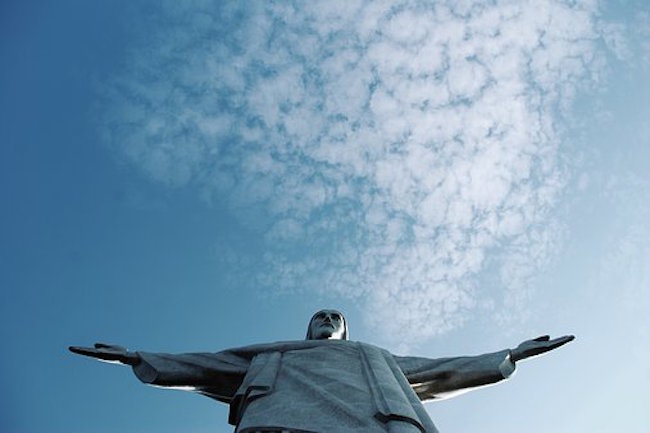Why the Wedding at Cana was Christ’s First Miracle by Myra Kahn Adams for Town Hall
Thanks for joining us today as we study Jesus Christ’s first miracle when He turned water into wine during the wedding feast at Cana. The story is recorded in only one of the four gospels — John 2:1-11. I will try to explain all the symbolism packed into these 11 verses as we read along.
“On the third day a wedding took place at Cana in Galilee. Jesus’ mother was there, and Jesus and his disciples had also been invited to the wedding” (Verse 1-2).
Chronologically, “the third day” refers to after Jesus met the disciple Nathanael, also known as Bartholomew. However, theologically and symbolically, the third day is associated with Christ’s Resurrection — when He came into His glory. Now, as He is about to perform the first miracle of His earthly ministry, Jesus begins to manifest His glory “on the third day,” establishing a miraculous circular connection. Continuing:
“When the wine was gone, Jesus’ mother said to him, ‘They have no more wine.’ ‘Woman, why do you involve me?’ Jesus replied. ‘My hour has not yet come'” (Verse 3-4). It was then (and is now) an embarrassment to run out of wine during weddings, so Mary intervened. And although it sounds like Jesus was being harsh to His mother, Mary, calling her “woman,” back then, the term was a sign of respect.
But most important is when Jesus said, “My hour has not yet come,” proving He knew when, where, why, and how He would be killed. Although His initial response might have indicated He was not yet ready to begin his ministry, Jesus went ahead and showed His divinity, honoring Mary’s request.
In John’s gospel, there is a progression of verses (John 7:6, 8, 30, – 8:20 – 12:23, 27 –13:1 –16:32) moving Jesus toward His “hour” — the time when He willingly sacrifices Himself on the cross. And, in His last “hour” reference praying before being arrested, He said, “‘Father, the hour has come. Glorify your Son, that your Son may glorify you’” (John 17:1). Continuing the passage:




